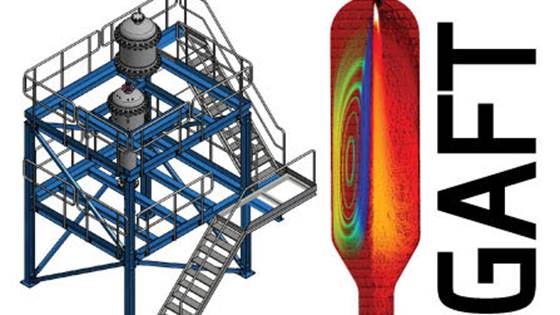
GAFT - Gasification and FT-Synthesis of Lignocellulosic Feedstocks
With GAFT we aim to swiftly introduce liquid biofuels production in the Norwegian market through local production.

With GAFT we aim to swiftly introduce liquid biofuels production in the Norwegian market through local production.

Access to omega 3 sources in fish feed is a limiting factor for growth in aquaculture. Researchers from SINTEF and NTNU will explore the potential of using bacteria as a "production machine" for the beneficial fatty acids.
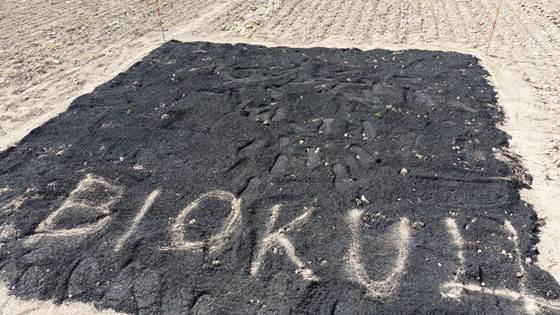
By converting organic matter into biochar, which has a high stability, carbon can remain fixed in soils for several centuries.

The main goal of the project is to develop a method for early-stage diagnosis of colorectal cancer based on fluorescence optical imaging endoscopy, suitable for routine screening. Early detection will contribute to higher survival rate for these...

Snoring is in some cases so serious that it can be classified as a health issue. The most severe form, obstructive sleep apnea is responsible for reduced life quality and increased mortality in the modern society. Research scientists at SINTEF...
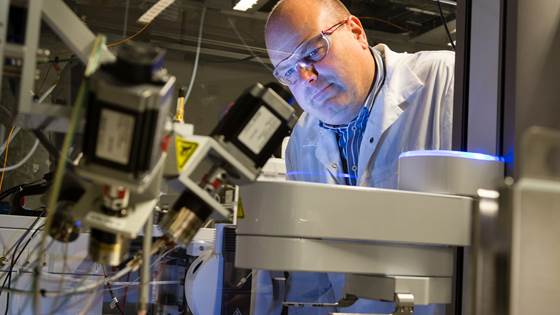
The main goal of the project is to design, prepare and optimize nanoformulations of antibacterial drugs in order to improve the therapy of multi-drug resistant tuberculosis and MRSA infections in European patients.
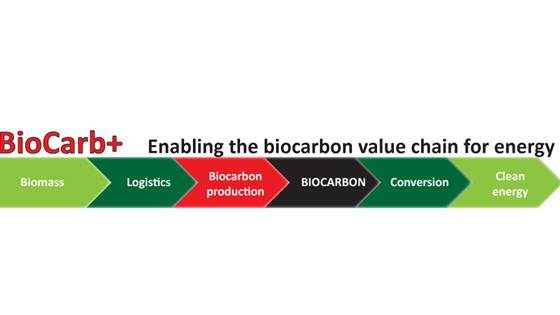
The overall objective of BioCarb+ is development of new strategies for use of low-grade biomass, pulpwood and energy wood resources for biocarbon (BC) production for raw material for industrial applications (reduction agent / metallurgical coke) and...
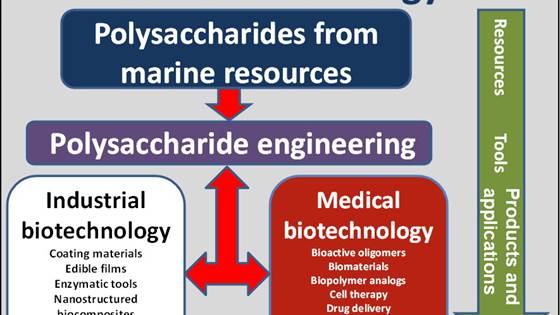
The main goal of MARPOL is to develop innovative biomaterials by enzyme technology for modification and upgrading of polysaccharides from marine resources. Polysaccharides are attractive alternatives to oil based polymers in utilizing renewable...
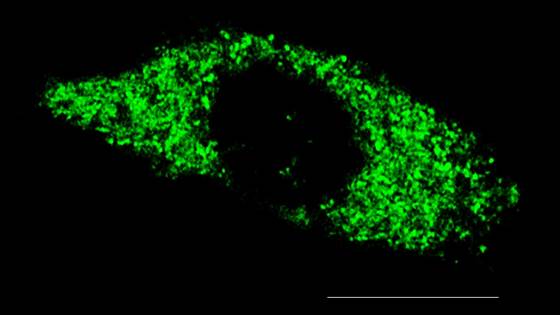
The main goal of this project is to build the necessary competence for developing safe and efficient nanoparticles for diagnosis and personalized therapy of cancer. We aim at developing nanoparticles that are more efficient and have less adverse...
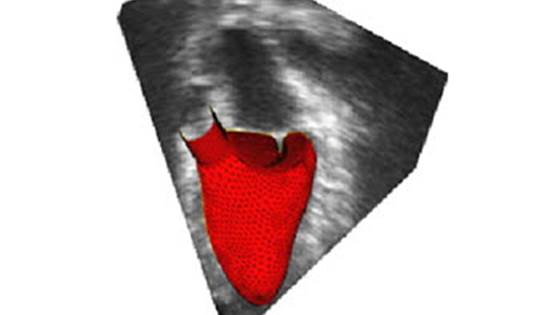
The project's main objective is to develop patient-specific computer models of the cardiovascular system for treatment planning and therapeutic decisions of cardiovascular diseases. The first objective is to simulate and validate blood flow pattern...
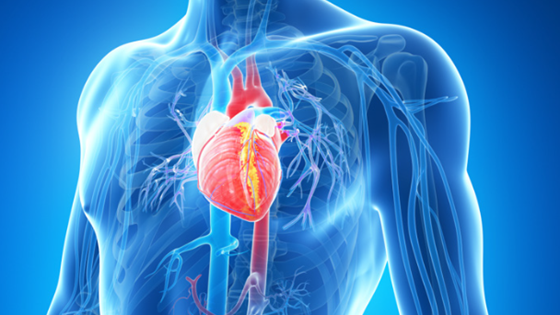
SINTEF Materials and Chemistry is developing a method that can improve the diagnosis and treatment of many different diseases. This method may lead to an easier process to treat the exact place in the body with the right amount of medicine.

The LogistEC project aims to develop new or improved technologies of the biomass logistics chains. Cost-efficient, environmental-friendly and socially sustainable biomass supply chains are needed to achieve the 2020 EU RES targets that might be...
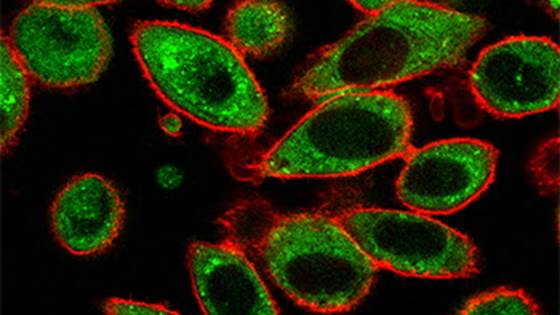
Nanotechnology applied to medical applications, Nanomedicine, is one of the most important emerging areas of health research and is understood to be the most promising out of the six Key Enabling Technologies, for innovative devices and materials for...
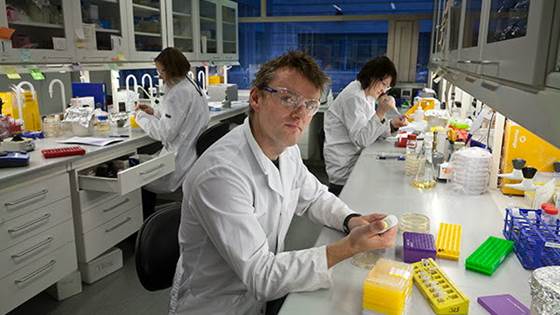
Our vision is a viable methanol-based European bio-economy, which we will promote by for the first time applying synthetic biology principles for cell factory development in order to harness methanol as a general feedstock for the manufacturing of...

Research in chemistry and materials science has traditionally been based on laboratory experiments. It is, however, also possible to compute the properties of molecules and materials using mathematical models based on basic theoretical physics, and...

New solutions and technologies for heating of buildings with low heating demand: Stable heat release and distribution from batch combustion of wood.

STable OPerating conditions for biomass combustion plants

Future production of Second Generation Biofuels in Norway requires building of long term competence in thermochemical biomass conversion (i.e. gasification). GasBio aims to fulfil this national need.